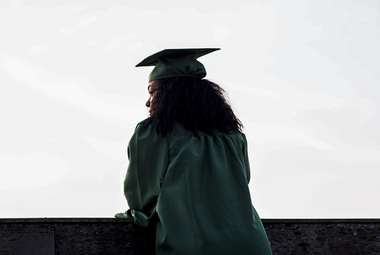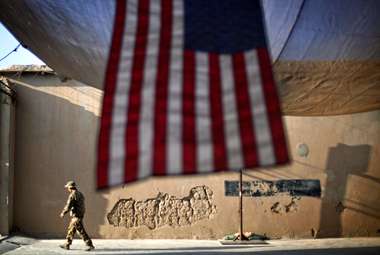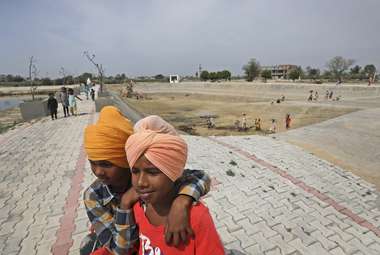Marcos Cabello
Reporter, Social Sciences and Business & Economics
@marcosacabMarcos Augusto Cabello, based in Boston, covers the Social Sciences and Business & Economics for The Academic Times. Prior to that, he obtained his Juris Doctor from Boston University School of Law and his bachelor’s degree in criminology and philosophy, with a minor in psychology, from Florida State University.
 Congress is working on child nutrition and school meal standards for the first time in nearly a decade, with a push to make permanent the COVID-era waivers that loosened school nutrition goals. But new research on the food consumption patterns of students at six Title I schools shows that the proposed rollbacks may not be a good idea.
Congress is working on child nutrition and school meal standards for the first time in nearly a decade, with a push to make permanent the COVID-era waivers that loosened school nutrition goals. But new research on the food consumption patterns of students at six Title I schools shows that the proposed rollbacks may not be a good idea. Decreasing the gap in educational attainment between white and Black people may help reduce the racial pay gap, whereas ensuring that women receive the same returns on their education as men would reduce the gender pay gap, according to a new study that indicates fixing pay disparities in the U.S. isn't a one-size-fits-all solution.
Decreasing the gap in educational attainment between white and Black people may help reduce the racial pay gap, whereas ensuring that women receive the same returns on their education as men would reduce the gender pay gap, according to a new study that indicates fixing pay disparities in the U.S. isn't a one-size-fits-all solution. For countries with high Islamic prevalence, giant oil and gas discoveries depress female workforce participation not because of the discoveries themselves but because of restrictions on women's mobility in many Muslim-majority countries, according to a new study that contradicts previous hypotheses.
For countries with high Islamic prevalence, giant oil and gas discoveries depress female workforce participation not because of the discoveries themselves but because of restrictions on women's mobility in many Muslim-majority countries, according to a new study that contradicts previous hypotheses. Natural climate solutions could help Canada mitigate up to 78.2 teragrams of carbon dioxide per year, equivalent to the emissions associated with powering every home in Canada for 3 years, helping the country meet or exceed its goals under the 2015 Paris Agreement, according to new research published Friday.
Natural climate solutions could help Canada mitigate up to 78.2 teragrams of carbon dioxide per year, equivalent to the emissions associated with powering every home in Canada for 3 years, helping the country meet or exceed its goals under the 2015 Paris Agreement, according to new research published Friday. People who believe that soldiers join the military for intrinsic reasons — out of a sense of patriotism or duty — were more likely to approve of military missions and the use of military force, according to a new study that indicates how much rhetoric around soldiering matters to people's fundamental attitudes toward the military.
People who believe that soldiers join the military for intrinsic reasons — out of a sense of patriotism or duty — were more likely to approve of military missions and the use of military force, according to a new study that indicates how much rhetoric around soldiering matters to people's fundamental attitudes toward the military. An examination into the underpinnings of science skepticism across 24 countries reveals that spirituality is associated with a lesser general faith in science, more so than religiosity — an effect stronger among Western, educated, industrialized, rich and democratic, or WEIRD, nations, according to new research.
An examination into the underpinnings of science skepticism across 24 countries reveals that spirituality is associated with a lesser general faith in science, more so than religiosity — an effect stronger among Western, educated, industrialized, rich and democratic, or WEIRD, nations, according to new research.



